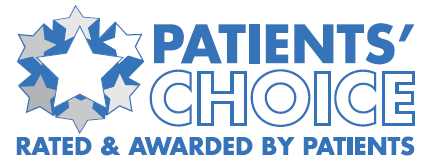Nail fungus can cause nails to become cracked, brittle and dry. The nail can become discolored with a yellow, brown or black coloring. Fungus of the nails is embarrassing, but that should not stop someone from being treated for it. Oftentimes, fungus can collect under the nail and you might notice a bad odor.
Many people try to self-diagnose nail fungus, but seeing a professional like Dr. Shu in Minneapolis at Shu Procedure Clinic for nail fungus treatment in is important. There are doctors available who treat nail fungus in Minneapolis, as well as doctors who treat nail fungus in St. Paul area. The doctor will inspect the nail, and if they feel there is an infection with fungus, tests are performed. The tests will show which fungus is present allowing the physician to treat it properly.
Oral medications are prescribed by your doctor, which are taken for approximately 12 weeks. Often, a patient who has nail fungus is also given a prescription of polish that is applied to the nail that is infected for approximately 50 weeks. Your physician will decide which prescriptions will work best for you.
There are also over-the-counter medications that are often used, but the effectiveness of those is not yet proven. You could end up spending too much time, effort and money on something that will not work in the long run, and in the end, you will end up calling your physician anyway.
There are also home remedies that can be tried as well. These vary all the way from Listerine to vinegar. Some people say they work wonders, and some do not have any positive results from these. Some of the remedies may work for one person, but not the next. Trying some of these is up to you.
One of the steps taken to prevent nail fungus is keeping the feet and hands dry. Fungus can get into your body through tiny openings or cuts near the nail. Always wear sandals or shoes around swimming pools, lockers or restrooms to avoid getting a fungal infection from someone else infected. Dry your feet often, because fungi is attracted to moist, wet areas as well as dark places. If you are someone who is susceptible to fungal infections, change your socks on a daily basis.




